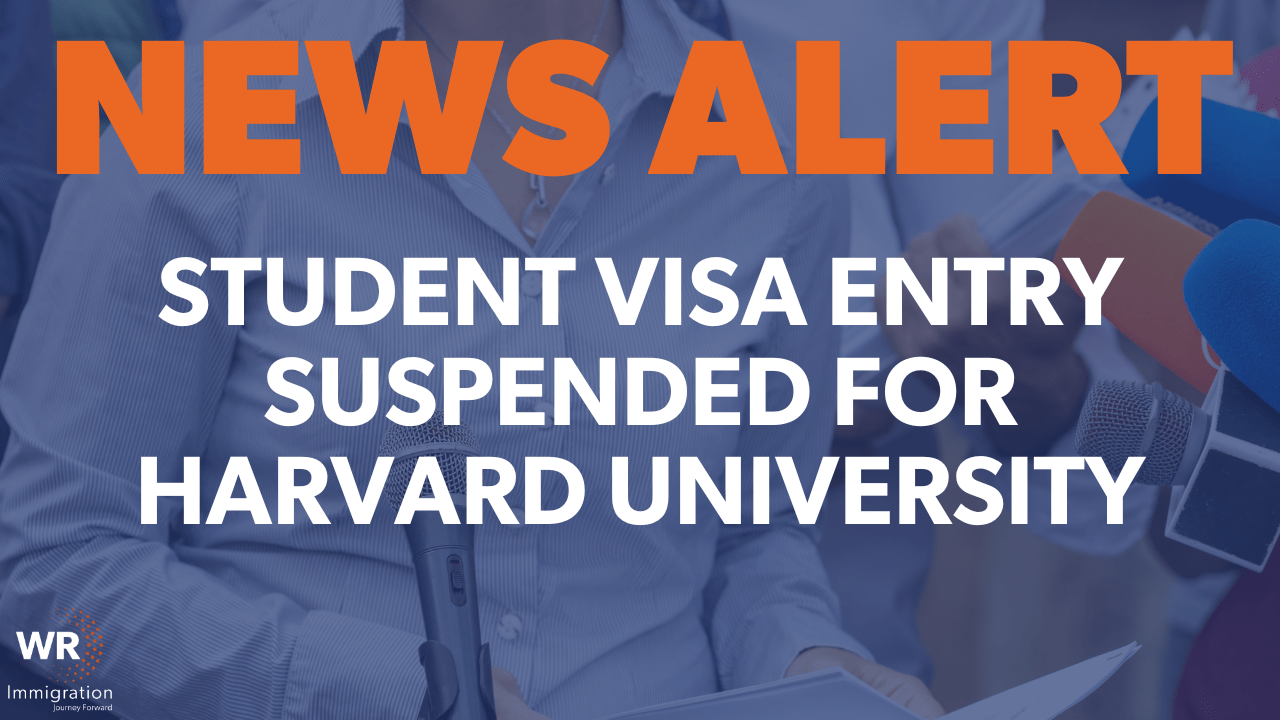On June 4, 2025, President Trump issued a proclamation suspending the entry of foreign nationals seeking to study or participate in exchange programs at Harvard University under F, M, or J visas. This policy took effect immediately and is set to last for six months, with the possibility of extension.
The proclamation also directs the Secretary of State to consider revoking existing F, M, or J visas for current Harvard students who meet specified criteria. It does not apply to students attending other U.S. universities through the Student and Exchange Visitor Program (SEVP) and exempts individuals whose entry is deemed in the national interest.
The administration cites national security concerns, alleging that Harvard has failed to adequately report foreign student conduct, protect research from foreign adversaries, and respond to on-campus threats. Specific focus is placed on alleged ties between Harvard and China, including financial contributions and joint research.
Impact: While narrowly targeted, this move sets a precedent for institution-specific visa restrictions. Global mobility and immigration teams should prepare for broader enforcement trends, assess institutional partnerships and student data reporting practices, and support affected populations with clear guidance and contingency planning.
WR Immigration is a full-service immigration law firm known worldwide for its unmatched excellence in providing top-quality U.S. immigration representation. To schedule a consultation to discuss your case, please contact us here.


